Prince always knew he was a star. For a very short, puny, not particularly handsome guy, that supreme self-confidence was always there from the beginning; he built his career, like Sinatra, in his way. At first, he was considered the heir to Stevie Wonder, the great star of black music in the 70s, with his first two records, a guy who sang, composed, arranged, produced, and played all the instruments on his records, but then he put on stiletto-heeled boots, lingerie and knickers and released Dirty Mind, joining his new wave and opening for the Stones while the public called him a faggot and other such nonsense. 1999 was his first massive hit and he became the first black artist to appear on a rather racist MTV.
With Purple Rain he launched the definitive challenge and added his multiple visual and musical faces, which were almost infinite. It was the definitive pinnacle of his career, consolidating him as a pop star with a success similar to that of Michael Jackson or Madonna and as the most important musical figure of the decade. With an image and a spirit that was somewhere between Little Richard, Jimi Hendrix, and Mozart, the diminutive genius from Minneapolis made the world surrender at his feet, both popularly and critically, for teenagers and for Rock Gods like Clapton or Bowie who placed him as the most important figure of the 80s.
The curious thing is that if with Dirty Mind he had created his personal synthesized funk from Minneapolis, with Purple Rain he looked to the past, giving free rein to his particular vision of the 60s, from that pop delight “Take Me With U”, a clear foretaste of the wonderful “Raspberry Beret”, to the tribute to his beloved Hendrix in the title track, passing through the futuristic psychedelia, synths and not bass, of “When Doves Cry”. But, of course, you couldn’t call it a ‘retro’ album, it sounded 100% Prince and of its time. There is a reason why the author of “Little Red Corvette” is considered one of the most original and unclassifiable musicians of all time, someone who was capable of playing one of the wildest guitar solos in history on “Let’s Go Crazy” and then caressing the listener’s ears with the delicate “The Beautiful Ones”.
“Let’s Go Crazy” opened both the album and the film; there could be no better way to introduce it. It began with a deathly organ, accompanied by a sort of eulogy to life by Prince. Then the song took off like a rocket until it reached two incredible solos in which the artist seemed to throw a dart at his greatest rival, Michael Jackson, basically, Prince said that if Michael Jackson needed Quincy Jones to produce him and Eddie Van Halen to do his solos, he, like God, was one and trine, he composed, sang, produced and if he needed to bring the house down with a solo, he did it himself, like a good loner. Well, The Lone Wolf and his Revolution, because on this album the artist gives more play to his backing band and draws on ideas from people like newcomer Wendy Melvoin, Lisa Coleman, and Dr. Fink, even recording three songs from the album live.
After getting everyone’s attention with “Let’s Go Crazy” came the irresistible pop melody of “Take Me With U”, a song that linked him to the sixties aromas of the Paisley Underground scene (don’t forget that in a couple of years he would give the fantastic “Manic Monday” to the Bangles and a year earlier he would open his mansion/recording studio in Minneapolis, called Paisley Park). But it wasn’t all rock, “The Beautiful Ones” was a heartfelt R&B ballad in which Prince caressed every word.
Then came “Computer Blue”, created from a jam with the Revolution, which features a dirty riff and a brilliant instrumental bridge, based on a song by his father (who was a jazz musician), in which he once again shone on the guitar. Although it never appeared as a single, “Darling Nikki” was one of the most controversial songs thanks to a lawsuit by Tipper Gore, Al Gore‘s wife, who moved heaven and earth until she managed to get the label we’ve all seen on album covers: “Parental Advisory Explicit Content” because of its explicit lyrics. There are very few records in history that have sold 25 million records, but none of them have lyrics like “Parental Advisory Explicit Content”:
I knew a girl named Nikki
I guess you could say she was a sex fiend
I met her in a hotel lobby
Masturbating with a magazine
She said: How’d you like to waste some time?
And I could not resist when I saw little Nikki grind
The second side began with “When Doves Cry”, one of the strangest hits in the history of music, also one of the best. A song that opens with a distorted psychedelic solo and gives way to a drum machine over which Prince sings the melody and his personal lyrics. There is no bass, nor almost any other ornamentation, even so it is irresistible, at the end the guitar returns, with another excellent solo full of distortion in which you can hear all the pain of the lyrics, giving way to a final solo with a synthesizer that, of course, is also played by this Juan Palomo who recorded it all himself. Incredibly it was number 1 in half the world, including, of course, the USA where it left Bruce Springsteen without a number 1 for “Dancing In The Dark”.
Then came the final trio of songs, recorded live on 3 August 1983 at First Avenue in Minneapolis. “I Would Die For U” and “Baby I’m A Star” formed a diptych in which Prince brought out his funkiest side, without forgetting to deliver an irresistible chorus. He had known he was a star for as long as he could remember, now it was time for the world to finally see the evidence.
But he saved the definitive ace for last, the greatest song of his career and the one with which he will always be identified. “Purple Rain” is his most heartfelt tribute to the ‘Wild Blue Angel’, or in other words, Jimi Hendrix. Prince channeled the Seattle native and delivered his most memorable song in a live take, the first time 19-year-old rhythm guitarist Wendy Melvoin played live with The Revolution, Prince’s backing band, it was her playing the chords on her purple Rickenbacker 330. At first, “Purple Rain” was a kind of country song that Prince tried to give to Stevie Nicks who was overwhelmed by it.
The story could have been very different but, in the end, Prince kept the song and together with The Revolution turned it into his definitive anthem, crowning himself as one of the greatest guitarists of all time along the way, with his incredible and melodic solo, alternating fast phrases with repetitive and easily hummable themes that make “Purple Rain” one of the greatest songs in history.
The album and the film (for which he won an Oscar for the soundtrack) made him a megastar, with his five singles becoming worldwide hits and more than 25 million copies sold worldwide. In January 1984, when the world’s biggest stars gathered to record “We Are The World” Prince was the most anticipated but he didn’t show up, hating the song and, possibly, not liking that it was written by rival Michael Jackson…
Even so, the Purple Rain tour only confirmed his status. On 23 February 1985, when he closed the tour with a concert at the Los Angeles Forum, “Baby I’m A Star” featured Bruce Springsteen on guitar and Madonna with a tambourine, three of the four biggest stars of the decade on stage together, crowning the Prince as the fucking master of the decade, singing what he had always known, I’m a star, I’m not gonna stop till I get to the top.
Even Springsteen himself, the man who played three-hour concerts with his E Street Band, realizes that Prince on stage was on another level, he was James Brown and Jimi Hendrix at the same time, and with more hits than both of them. Madonna won’t stop until she gets that guy to play on one of her albums, while the fourth absent star, you know who he is, will end up calling one of his sons Prince…
If you ask the poker of megastars of the 80s who was the best of them all you will get a unanimous result, and that is that Prince not only released the best albums or gave the best concerts, but, quite simply, he became the definitive star of pop music, the man who broke down all barriers, answering the questions about himself that he asked in “Controversy”: Prince was male and female, straight and gay, black and white, he was rock and soul, singer, songwriter, multi-instrumentalist, arranger and producer. He was Stevie Wonder and Joni Mitchell, Brian Wilson and the Beatles, George Clinton and Little Richard. Prince was everything everywhere at once.
Purple Rain was his ‘Big Bang’, it is debatable whether it is his best album or the colossal double Sign O The Times, released three years later, but what is undisputed is that it is the most important and iconic album of his career or, in other words, one of the most important and best albums of all time. Five years ago Pitchfork ranked it as the best album of the 80s ahead of Michael Jackson’s Thriller (with Sign O The Times, 1999 and Dirty Mind in the top 40). But in a year in which these lists of the best albums of all time seem to have come back into fashion, Purple Rain has appeared as the 4th best album of all time for Apple and 19th for Paste (with Sign O The Times as 4th), so I don’t think there’s any doubt that this is one of those albums to which the label of essential is not only too big but ridiculously small…

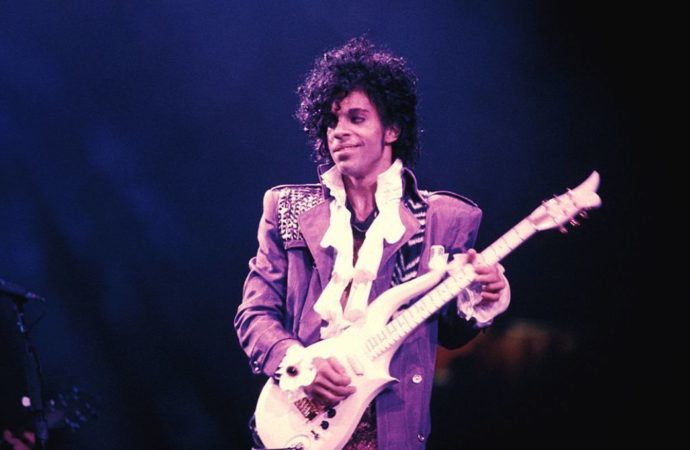

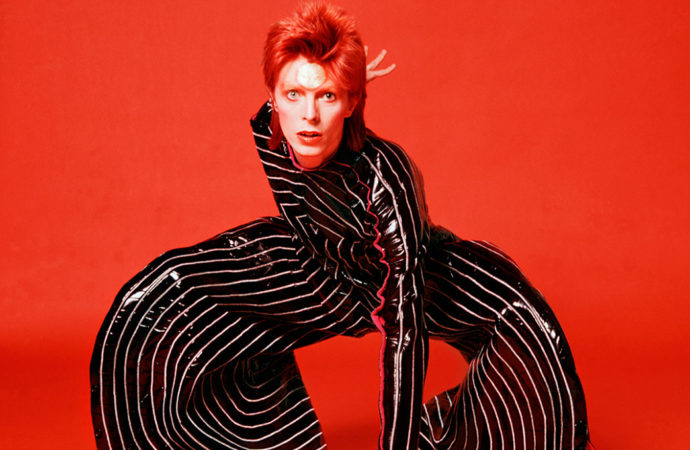

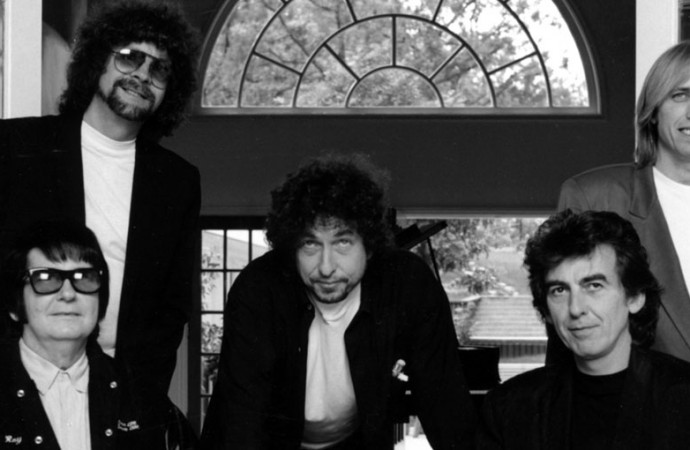
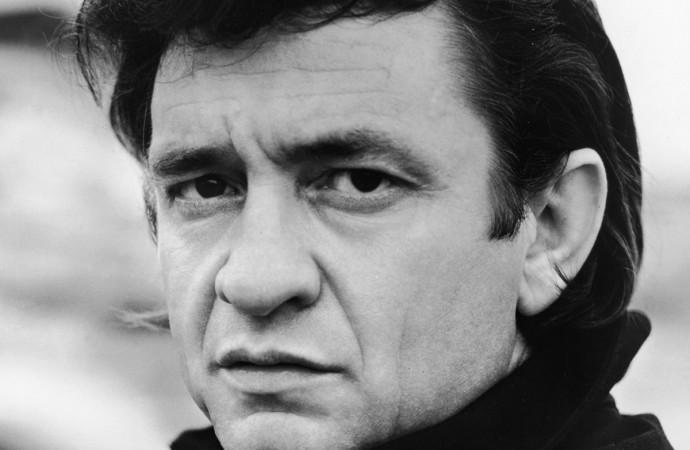
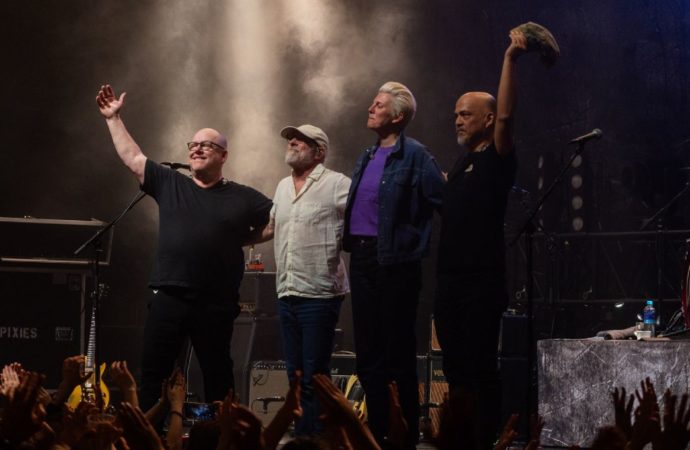
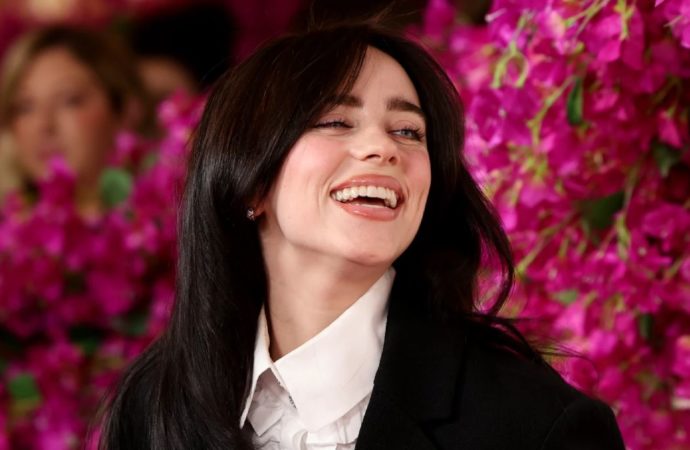
No one has posted any comments yet. Be the first person!